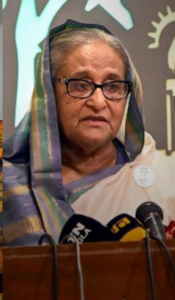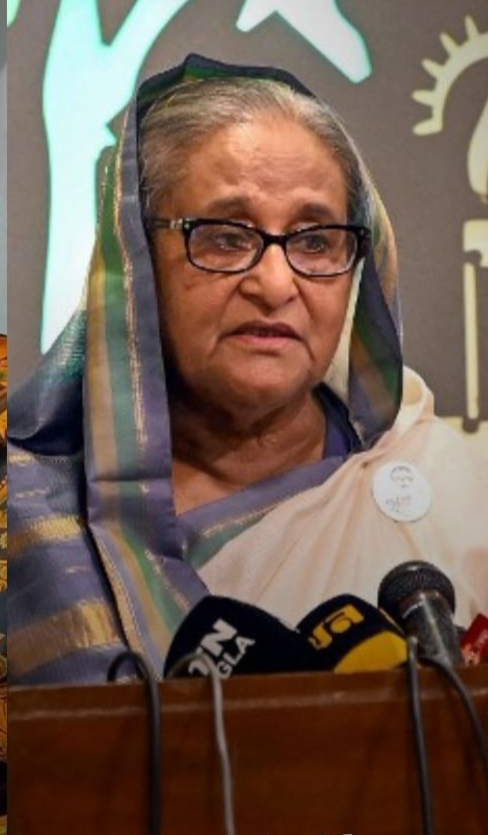
Bangladesh Coup: Sheikh Hasina Resignation Shocking
In recent months, Bangladesh has witnessed a wave of political unrest and mass protests demanding the resignation of Prime Minister Sheikh Hasina. As the country grapples with a complex mix of economic, political, and social challenges, these demonstrations have become a focal point for both national and international attentions. The protests against Sheikh Hasina’s government have ignited discussions about democracy, governance, and the future of Bangladesh.
At least 98 people were killed and hundreds injured in Bangladesh on Sunday as police used tear gas and rubber bullets to disperse tens of thousands demanding the resignation of PM Hasina.
Background On Sheikh Hasina’s Leadership
Sheikh Hasina, the leader of the Awami League, has been a dominant figure in Bangladesh politics for decades. First assuming the role of Prime Minister in 1996, she has served multiple terms, with her most recent tenure beginning in 2009. Her government has been credited with significant economic growth, infrastructure development, and improvements in healthcare and education. However, Hasina’s administration has also faced criticism for alleged human rights violations, suppressions of dissent, and accusations of authoritarianism.
Under Hassina’s leadership, Bangladesh has made notable strides in poverty reduction and economic development. The country has experienced consistent GDP growth, earning recognition as one of the fastest-growing economies in Asia. Infrastructure projects, such as the Padama Bridge, have bolstered connectivity and trade. Despite these achievements, concerns over corruption, government and democratic practices have fueled public discontent.
In the two separate terms and 20 years that she has been the Prime Minister of Bangladesh, the ongoing protests that have seen over 300 people killed, is perhaps Sheikh Hasina’s biggest test. The 76-year-old has resigned and fled Ganabhaban, the palatial residence of the Bangladeshi PM while protesters have stormed its premises.
CALLS FOR HASINA TO STEP DOWN
WHY DO PROTESTERS WANT HASINA’S RESIGNATION?
HASINA WINS JANUARY ELECTION
Government Response and International Reactions
The Hasina government’s response to the protests has been a mix of conciliatory gesture and crackdowns. While some officials have acknowledged the need for dialogue and reforms, others have resorted to repressive measures to quell dissent. Arrests of oppositions leaders, censorship of media outlets, and the use of force against protestors have drawn criticism from human right organization and the international community.
International reactions to the situation in Bangladesh have been varied. Some countries have expressed concern over the erosion of democratic principles and urged the government to respect human rights. Organizations such as the United Nations and Amnesty International have called for restrain and dialogue to address the grievances of the protestors.
Bangladesh Coup: Sheikh Hasina Resignation ShockingBangladesh Coup: Sheikh Hasina Resignation ShockingBangladesh Coup: Sheikh Hasina Resignation ShockingBangladesh Coup: Sheikh Hasina Resignation ShockingBangladesh Coup: Sheikh Hasina Resignation ShockingBangladesh Coup: Sheikh Hasina Resignation ShockingBangladesh Coup: Sheikh Hasina Resignation ShockingBangladesh Coup: Sheikh Hasina Resignation Shocking

Youtube: www.youtube.com/@devilmusichr8660
Recent Posts:
Sana Makbul And Vishal: Confirms Their Supportive Marriage Soon

